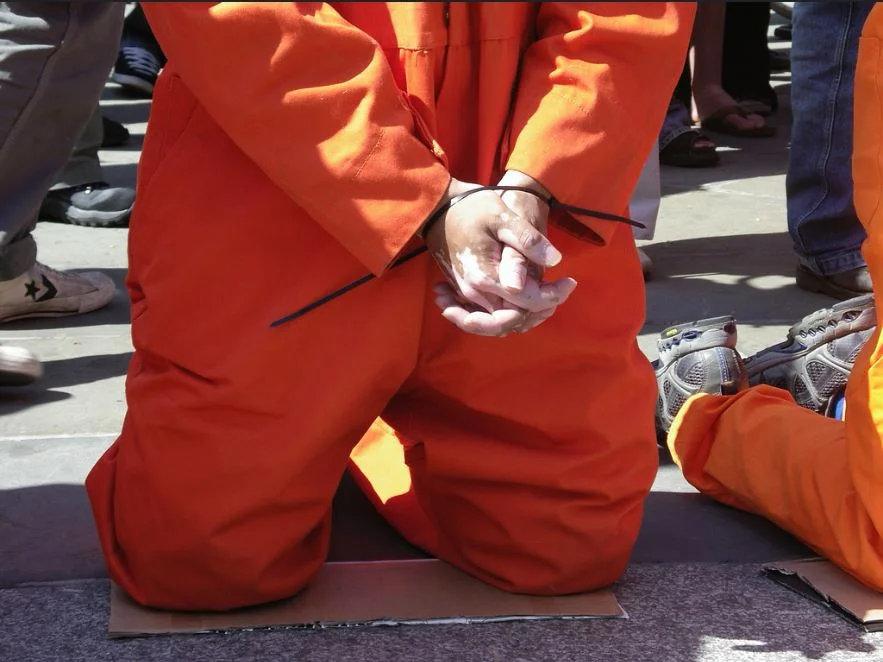By Jerry Mooney
Patches are used to keep something that is worn out still working. For example, you can take a piece of material and sew it on your jeans to cover a hole, extending their life. This patch often adds color and revitalizes the old fabric, albeit without continuity. There comes a point when a patch is no longer viable, however, and the tattered remnants of clothing that brought us so much joy must be resigned to patches in a quilt.
As our society has evolved, in particular the way we deal with crime, we have continuously applied patches. Patching society has been the natural and incremental approach, but stemmed from archaic class systems unrelated to the founding of the United States. Yet we have accepted these remnant methods and rarely think about how they reflect our social values.
But there comes a time when we must discard the old and tattered and invest in the new. Regardless of the resistance of those dedicated to old world views, when the time is ripe patching is no longer viable and we must accept that a shift is happening or be run over by it.
We have now reached a point where the patched social makeup is one of mass imprisonment, (2.3 million in the US alone), and most of those are unconvicted, meaning they are awaiting trial but don’t have the money for bail and when convicted, it is for non-violent crimes. We’ve become so unempathetic as a society that we basically view this as ‘their’ problem.
It’s time to start over. An important question we now face is what is a crime and why are they committed? When we really examine this, there are many theories, but most won’t look past our current, patched together social fabric. But the statistic show that most crime is centered around money. Money has evolved from a time of barter to complex banking systems with printed currency and now EMV card technology. But no matter the format for currency, when people don’t have enough for their basic needs, they steal, engage in illegal commerce or retaliate against those trying to obtain money.
There are many theories as to the root causes of crime from Freud to Karl Marx and those theories vary greatly from the responsibility of the individual to the role of society and economics. What has become clear by crime statistics is that money is the center of most crime even if you are reluctant to apply the biblical teachings of Timothy, where he states that the love of money is the root of all evil.
What’s different today respective to Marx and the Bible is that we have the means to provide, at least at the base level, enough for every person on the planet. We have enough food, energy and an ever-increasing ability to provide to all localities. Yet people do without. They do without clean water and basic food. And due to this we invite crime. Not because people are pre-determined criminals or they are envious of other’s accumulation, but because their basic needs are not met in a world with overflowing abundance.
But instead of providing, we create crime by building modern versions of moats and castles. We spend billions on prison and courts and lawyers. It seems obvious to me that if we redirected our resources to provide instead of punish, we would all but eliminate most crime and therefore most criminal activity. Thomas Jefferson famously stated that, "If a law is unjust, a man is not only right to disobey it, he is obligated to do so." And now our criminal justice system is not only riddled with unjust laws which have essentially become a war on ordinary people.
This is a big topic and one without easy answers, but the question I would like to pose is, if we were to subject the makeup of our society to the legal system, would we find that our system is criminal? I’m not starting an advocacy for a nanny state or any other cliched response. I’m merely asking the question, is our culture, when looked at objectively, criminal? If the answer is yes, then it follows logically that we should examine how to reconfigure our society. After all, that’s how America was originally created.
Jerry Mooney is a professor of Language and Communication as well as the author of History Yoghurt and the Moon. He studied at the University of Munich and Lewis and Clark College where he received his BA in International Affairs and West European Studies. He can also be found on Twitter@JerryMooney


